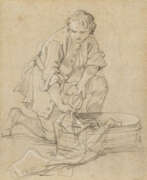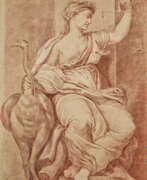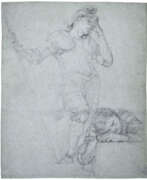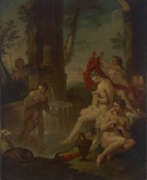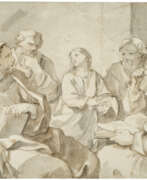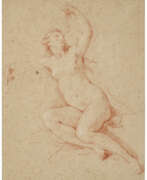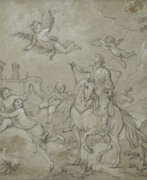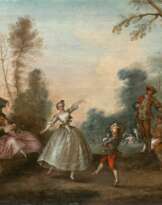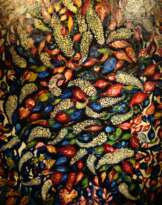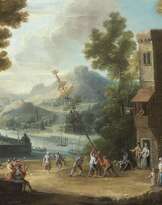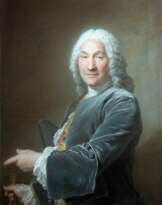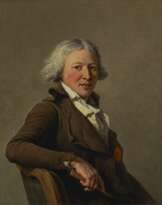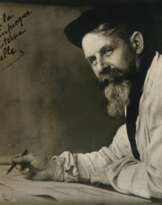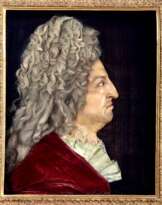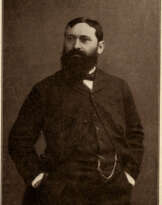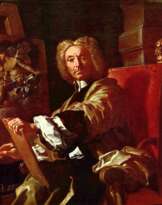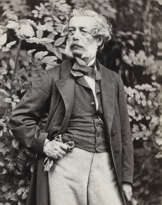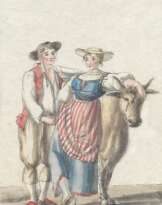Charles-Joseph Natoire (1700 - 1777)
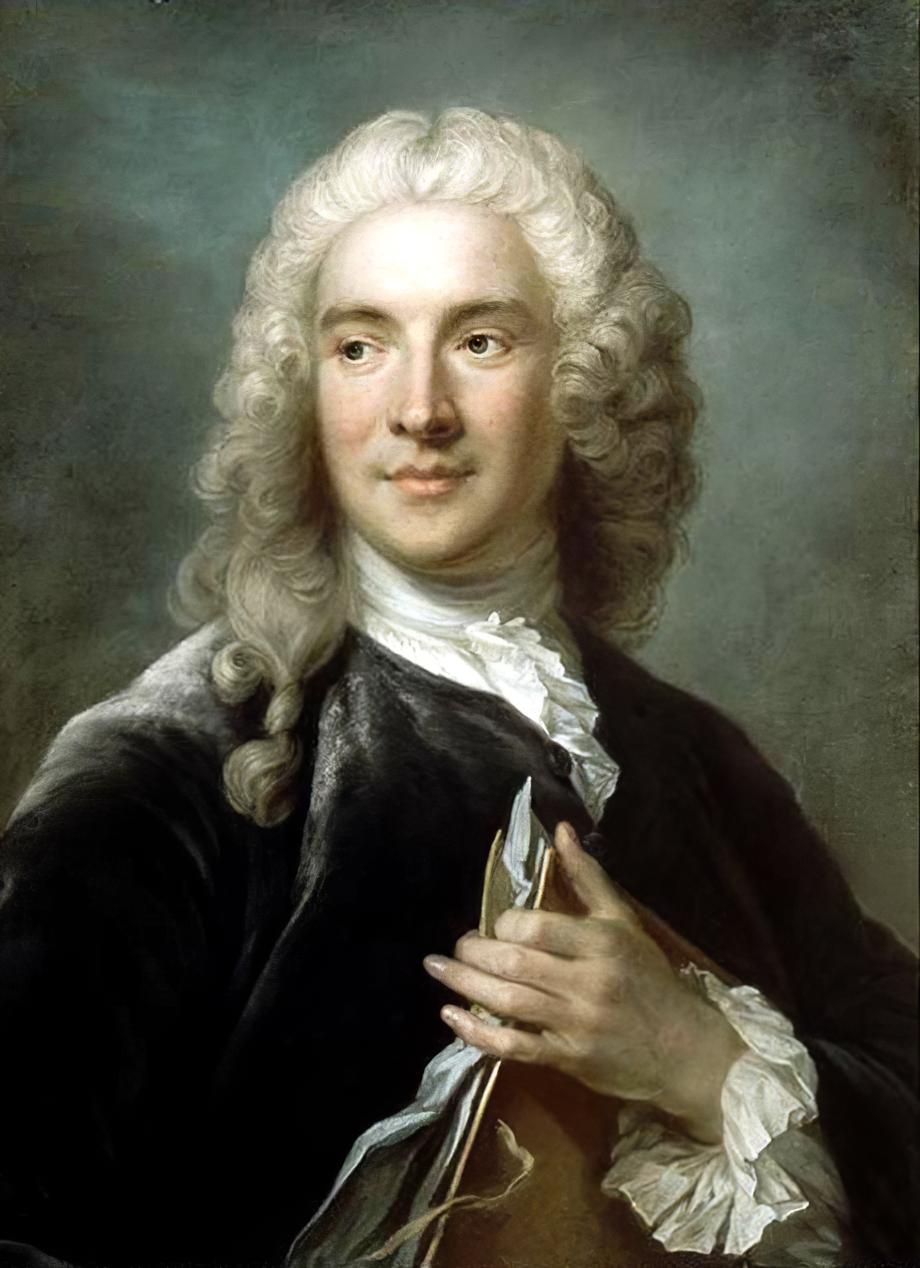
Charles-Joseph Natoire
Charles-Joseph Natoire was a prominent Rococo painter, known for his significant contributions to French art during his lifetime. Trained under François Lemoyne, Natoire excelled in various artistic endeavors, earning royal commissions and contributing to significant artistic projects in Versailles and Fontainebleau. His works included tapestry cartoons for the Manufacture de Beauvais and Gobelins, and he was known for his series on the History of Psyche and Don Quixote.
In 1751, Charles-Joseph Natoire became the director of the French Academy in Rome, a role he held until 1775. During this period, he mentored notable students like Hubert Robert and Jean-Honoré Fragonard. Although his active painting career dwindled during his directorship, his influence on the students and the artistic community was significant.
Charles-Joseph Natoire's works can be found in various prestigious institutions, including The Metropolitan Museum of Art and The Louvre. His painting "The Rebuke of Adam and Eve" is one such piece that showcases his mastery and attention to detail.
For collectors and experts in art and antiques, Charles-Joseph Natoire's works offer a glimpse into the Rococo style's elegance and the rich artistic heritage of 18th-century France. His contributions to tapestry and painting continue to be celebrated and studied for their historical and artistic value.
To stay updated on news and events related to Charles-Joseph Natoire and his works, consider subscribing for updates. This subscription will keep you informed about new product sales and auction events featuring Natoire's art, ensuring you don't miss out on opportunities to engage with the legacy of this influential painter.
| Date and place of birt: | 3 march 1700, Nîmes, France |
|---|---|
| Date and place of death: | 23 august 1777, Castel Gandolfo, Italy |
| Nationality: | France |
| Period of activity: | XVIII century |
| Specialization: | Artist, Painter |
| Genre: | Landscape painting, Mythological painting, Portrait, Religious genre |
| Art style: | Rococo |

